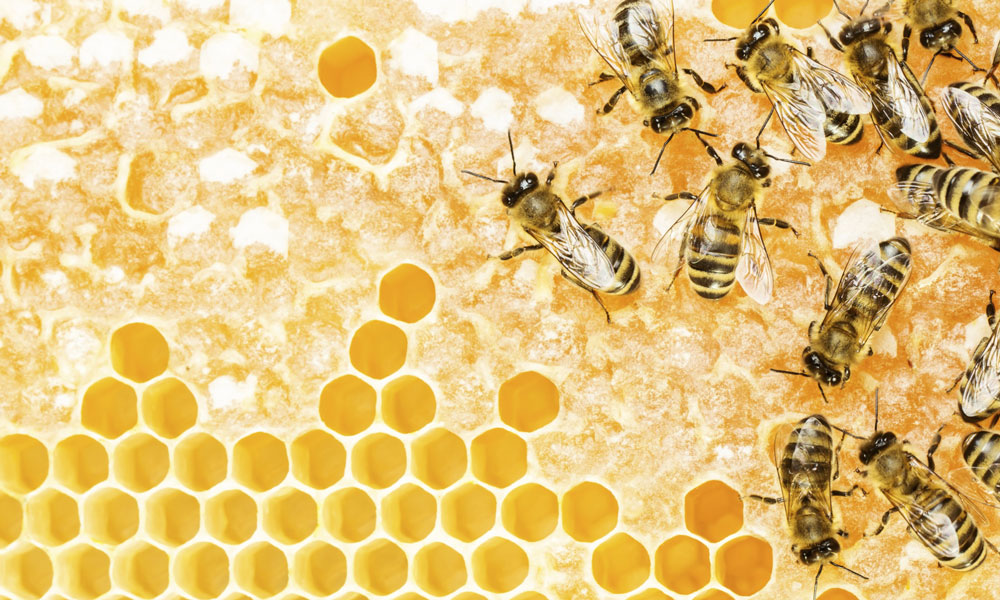
Court Ruling on Insecticides Is Good News For Beekeepers
A U.S. court of appeals recently rescinded approval for an insecticide that many groups claim is harmful to honeybees.
Beekeeper groups saw a major victory last week when a U.S. appeals court overturned federal approval for an insecticide that has been shown to be highly toxic to honeybees.
The ruling comes after groups representing the honey and beekeeping industries filed a lawsuit in 2013 against the Environmental Protection Agency for its approval of insecticides containing sulfoxaflor, as reported by Reuters.
“It’s a complete victory for the beekeepers we represent,” Greg Loarie, a lawyer for the American Honey Producers Association, the American Beekeeping Federation, and other plaintiffs in the case, told the news outlet. “The EPA has not been very vigilant.”
The court said in its ruling that the agency relied on “flawed and limited data” in its approval of insecticides containing sulfoxaflor, which is a neonicotinoid subclass. It added that the EPA must obtain more data on the effects of sulfoxaflor on bees before it would grant approval for the insecticides.
The White House, meanwhile, will study the issue via a newly created task force.
A spike in honeybee deaths in the United States over the last several years has sparked concern among scientists about the effect on the country’s food crop. According to government data, honeybees enable the production of at least 90 commercially grown crops in North America, and they contribute $15 billion to the United States economy.
Yet, earlier this year, 5,000 beekeepers reported a loss of 42.1 percent of their colonies in the 12 months that ended this past April, according to the Bee Informed Partnership. That’s a marked increase from the 34.2 percent reported the year before.
Not Everyone’s Buzzing
Several agricultural-related associations are not happy with greater bee protections.
This summer, representatives from the U.S. Apple Association said proposed restrictions of pesticide application at the time crops are blooming “does not allow growers the flexibility for use of individual, effective product,” according to comments the group filed with the EPA. The group added that apple growers work with beekeepers to ensure bees are protected.
And the American Farm Bureau Federation is calling on the EPA to work together with farmers and beekeepers to create proposals for mitigating the effects of insecticides on bees.






Comments